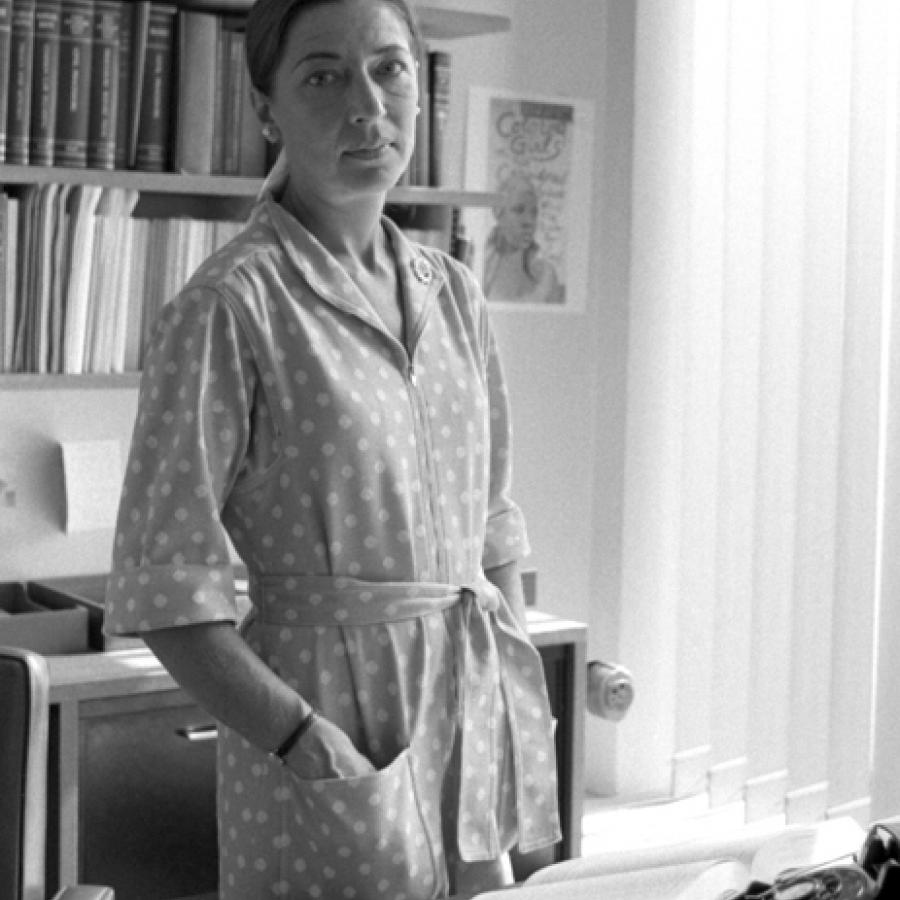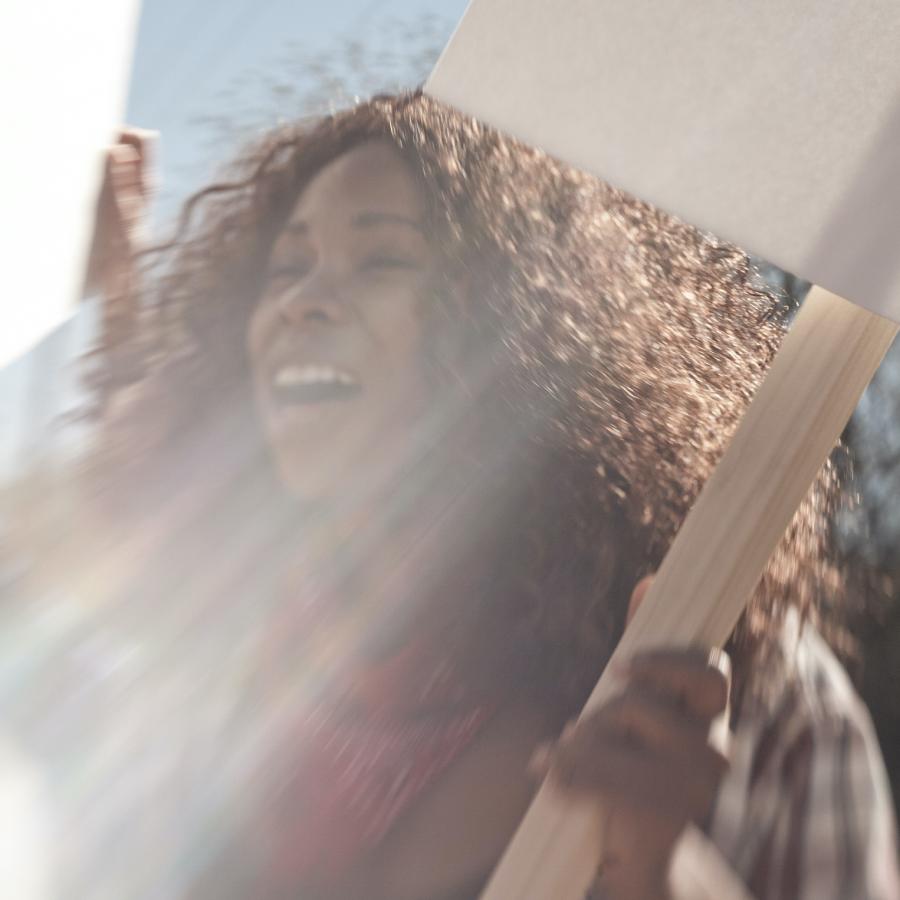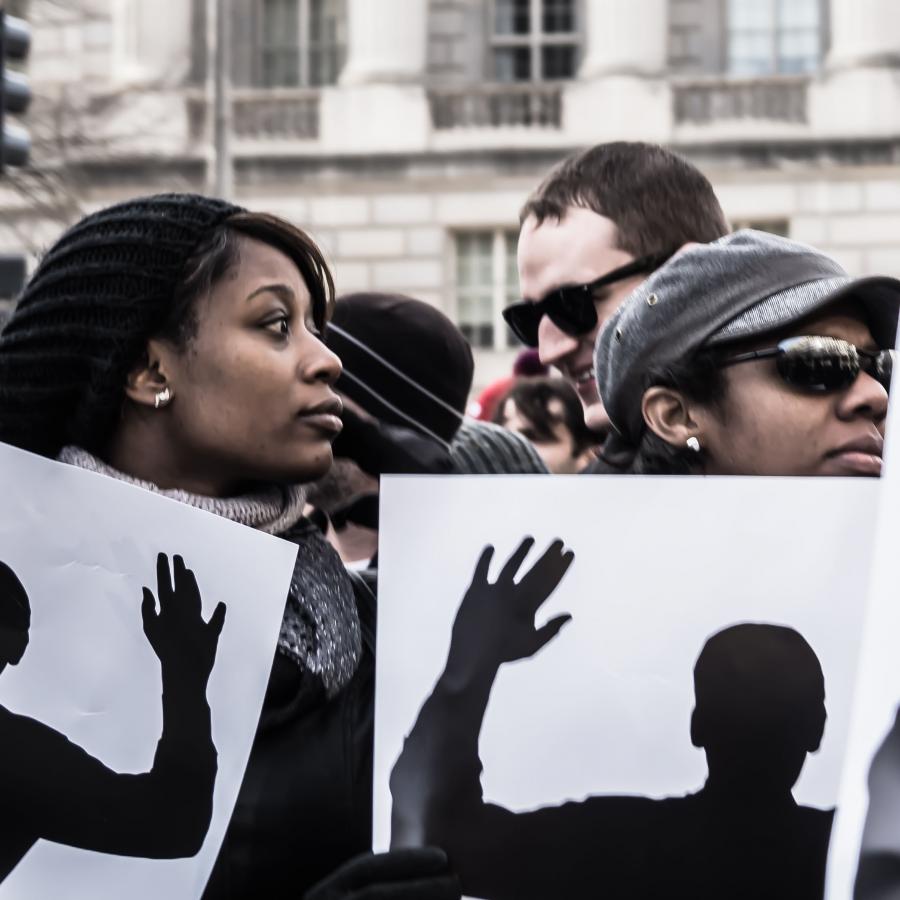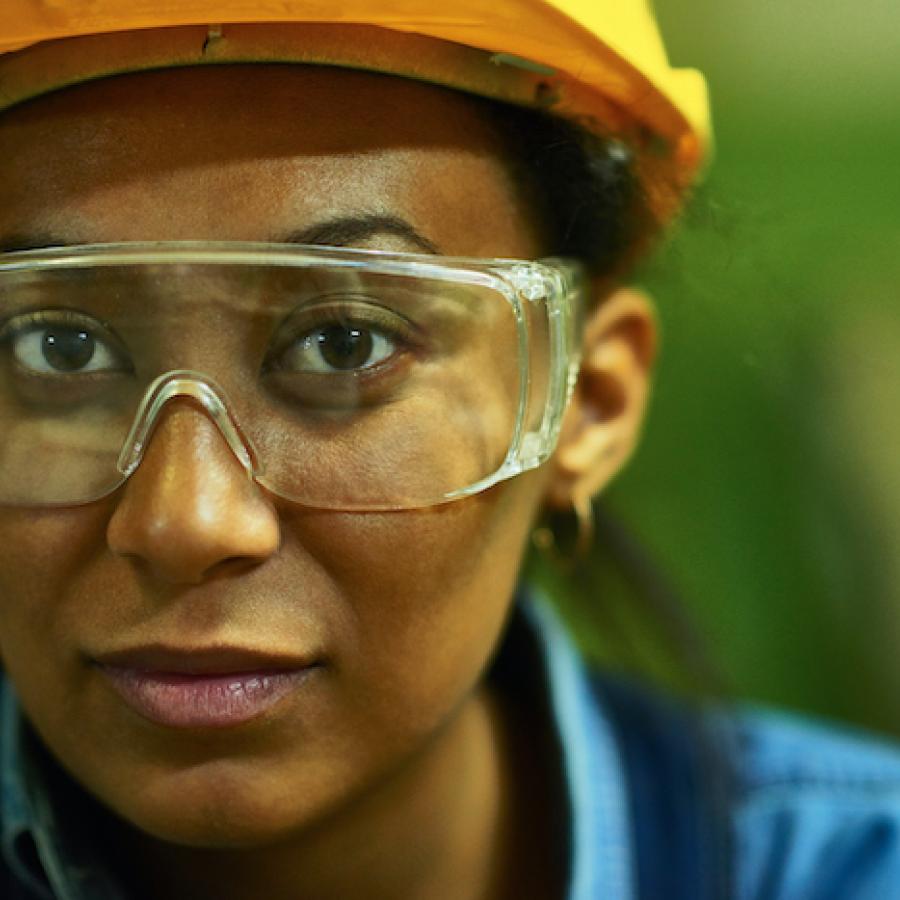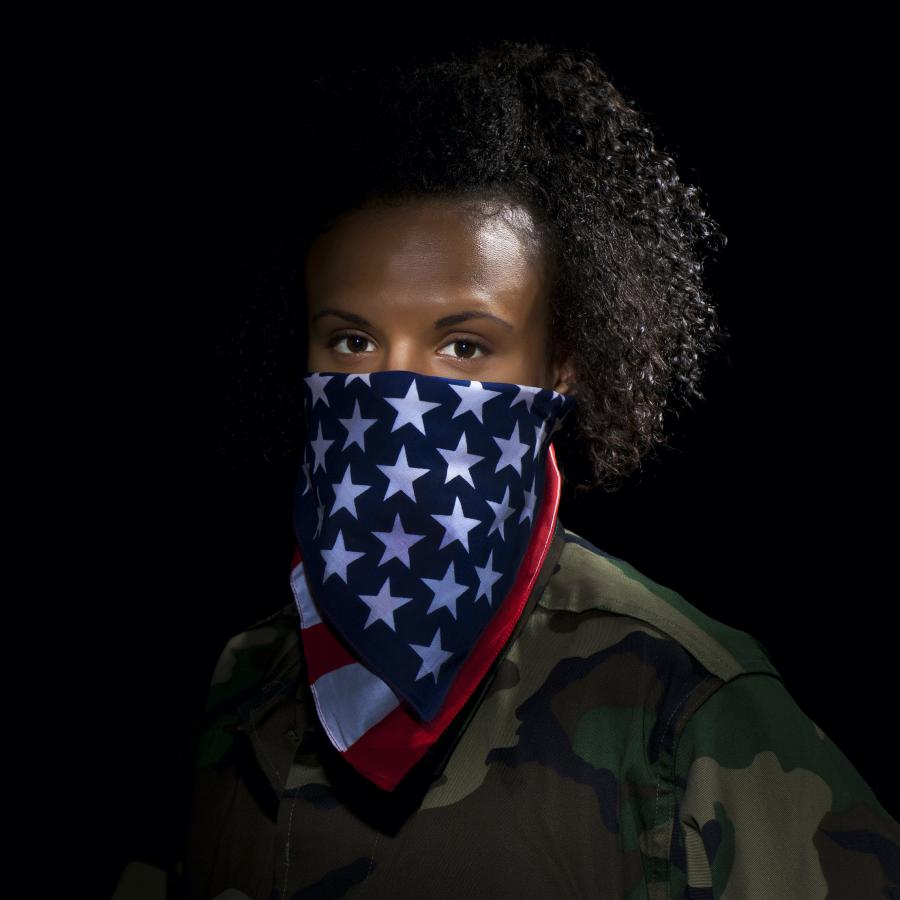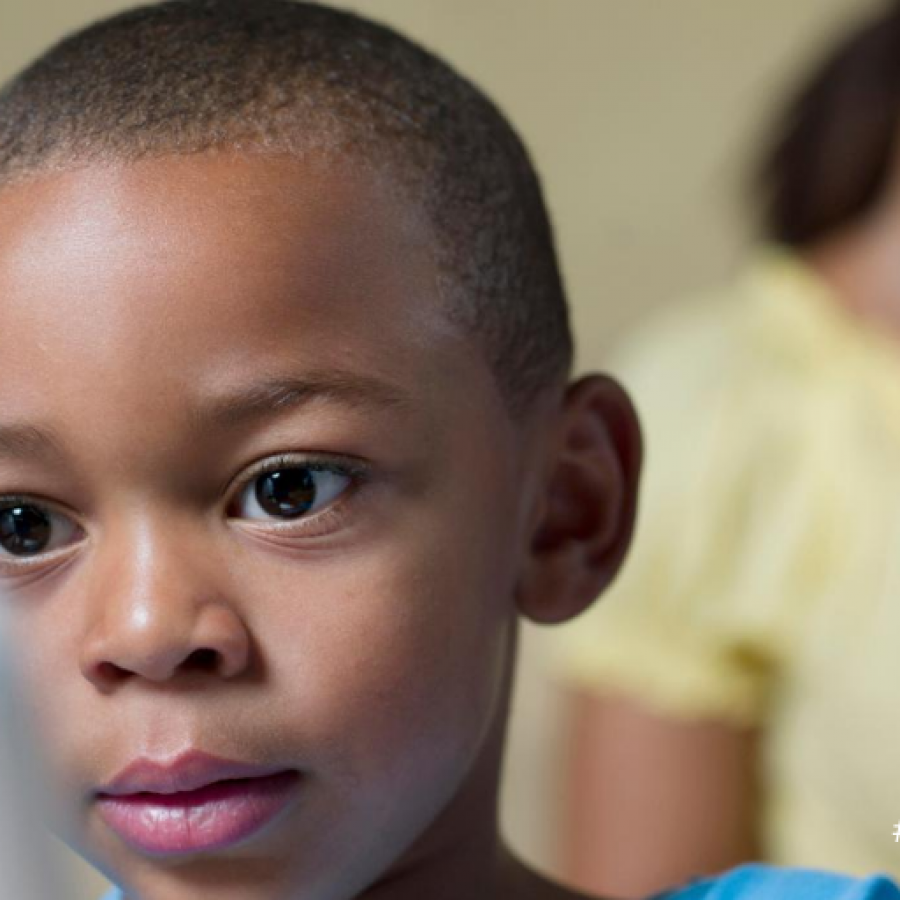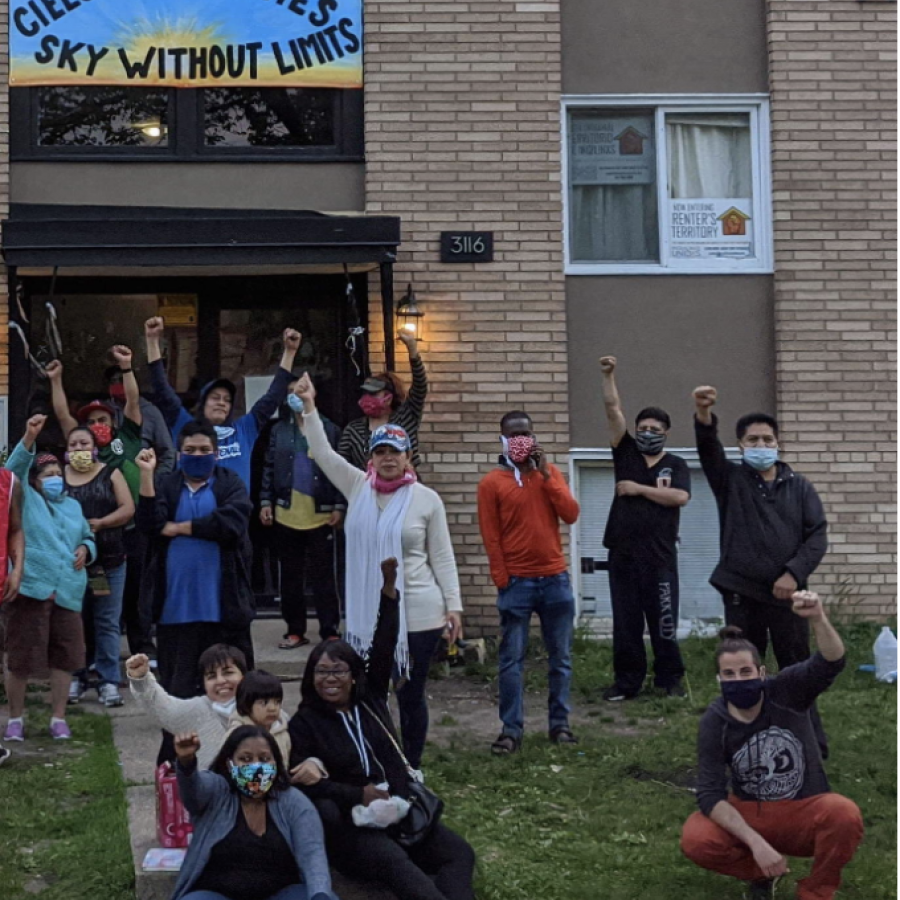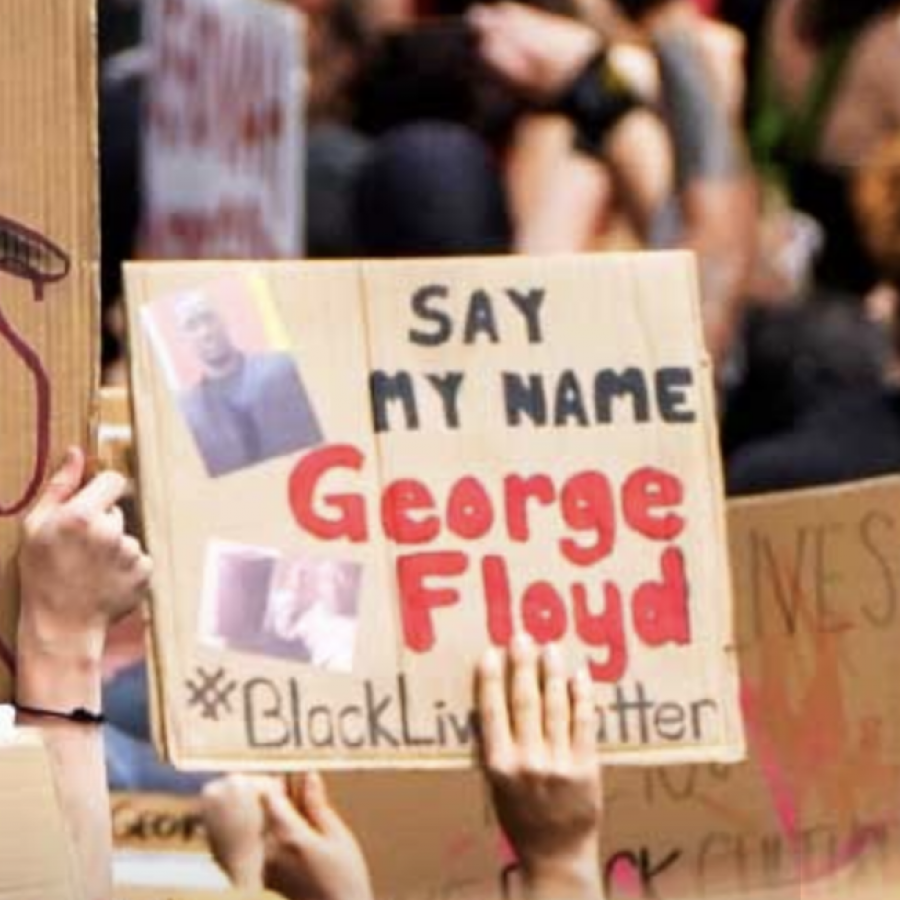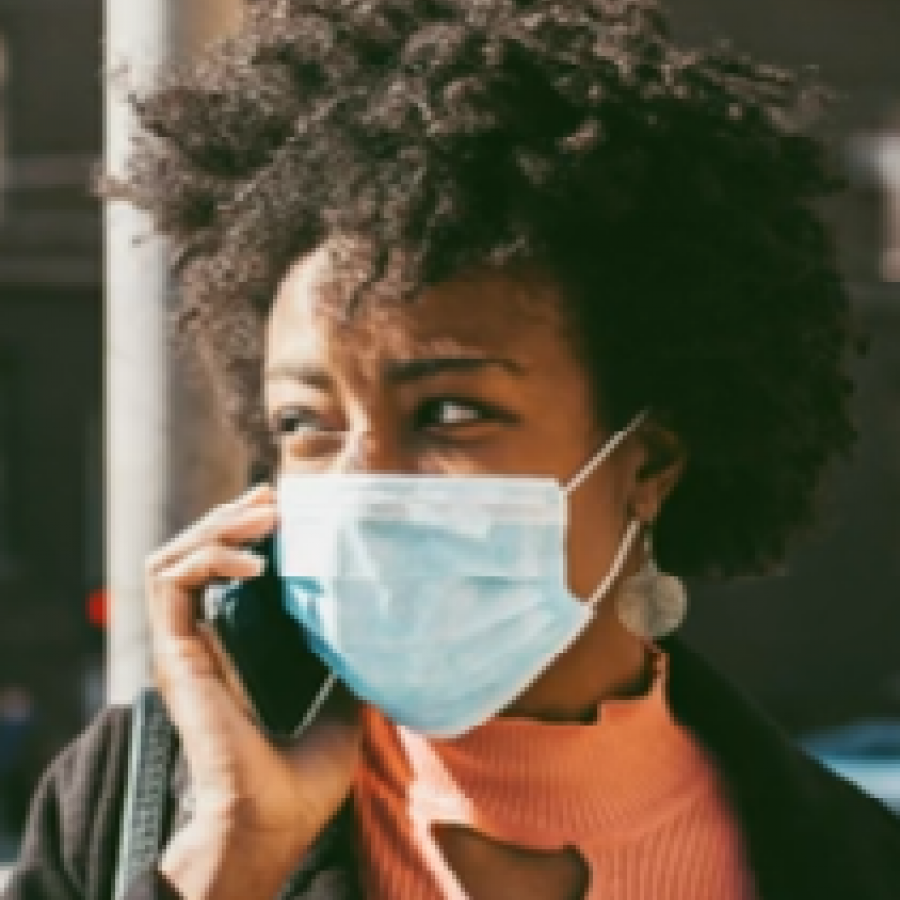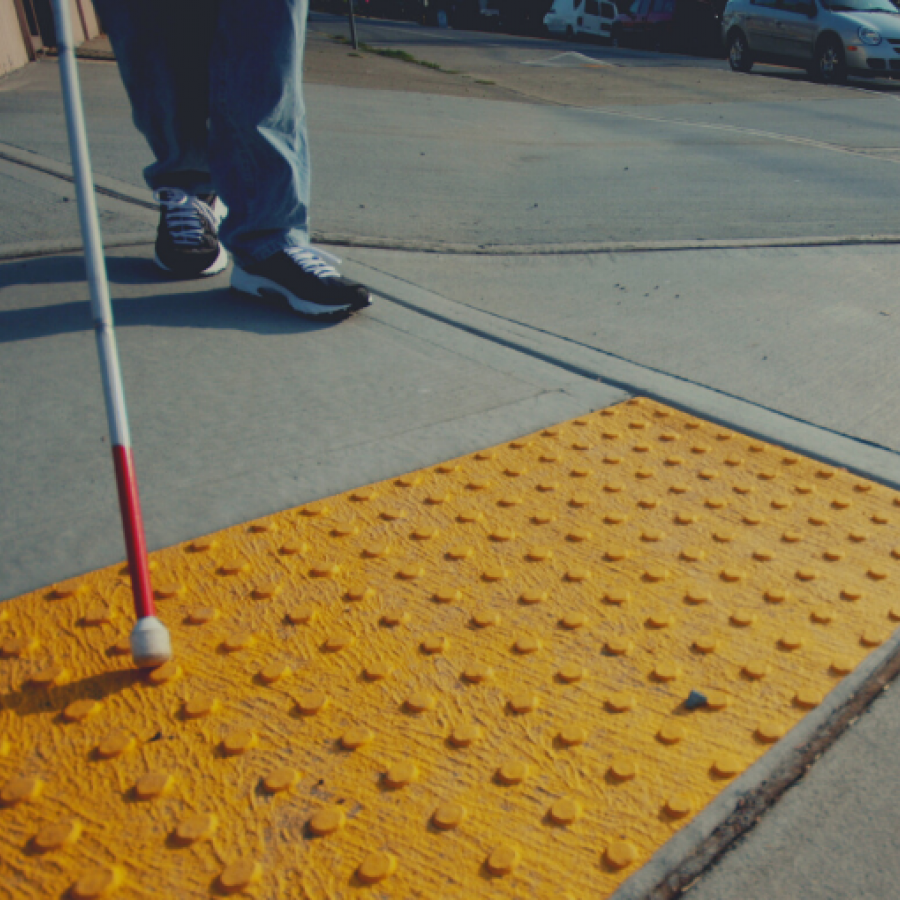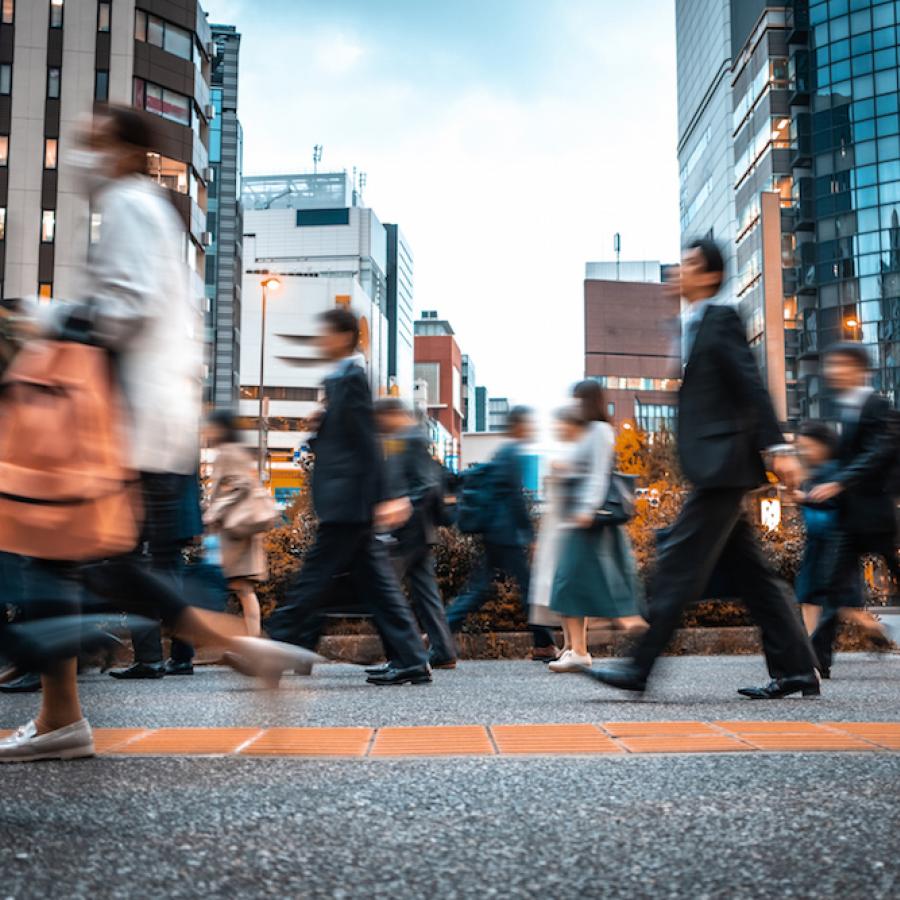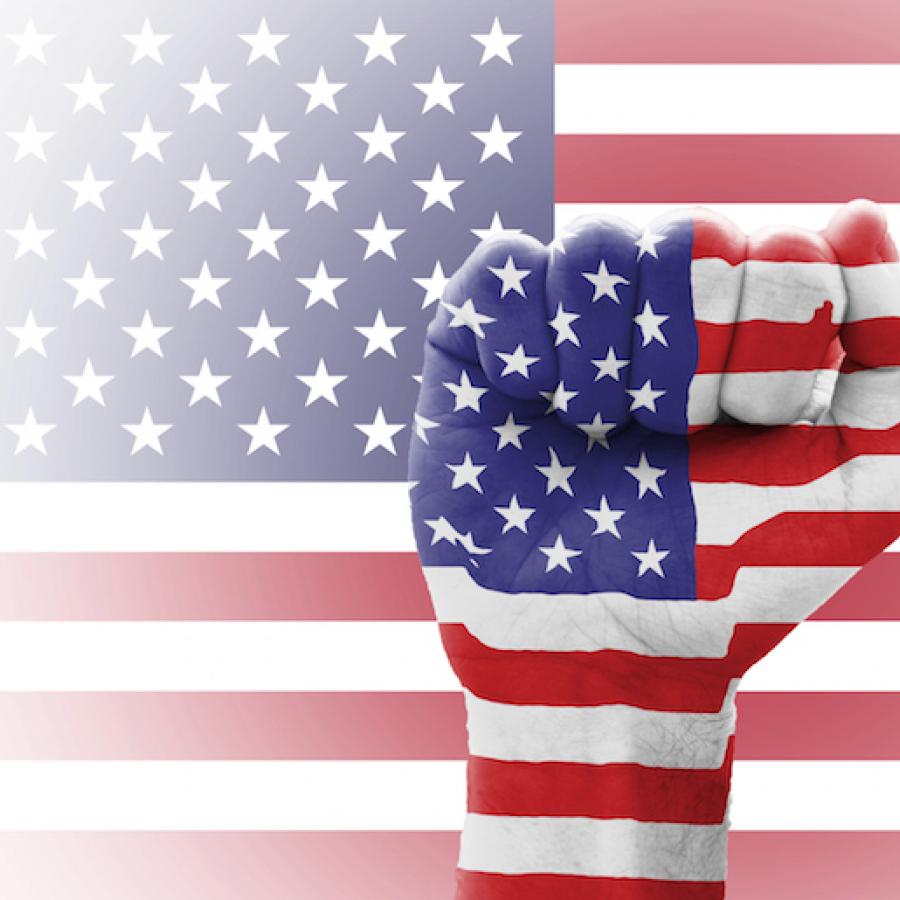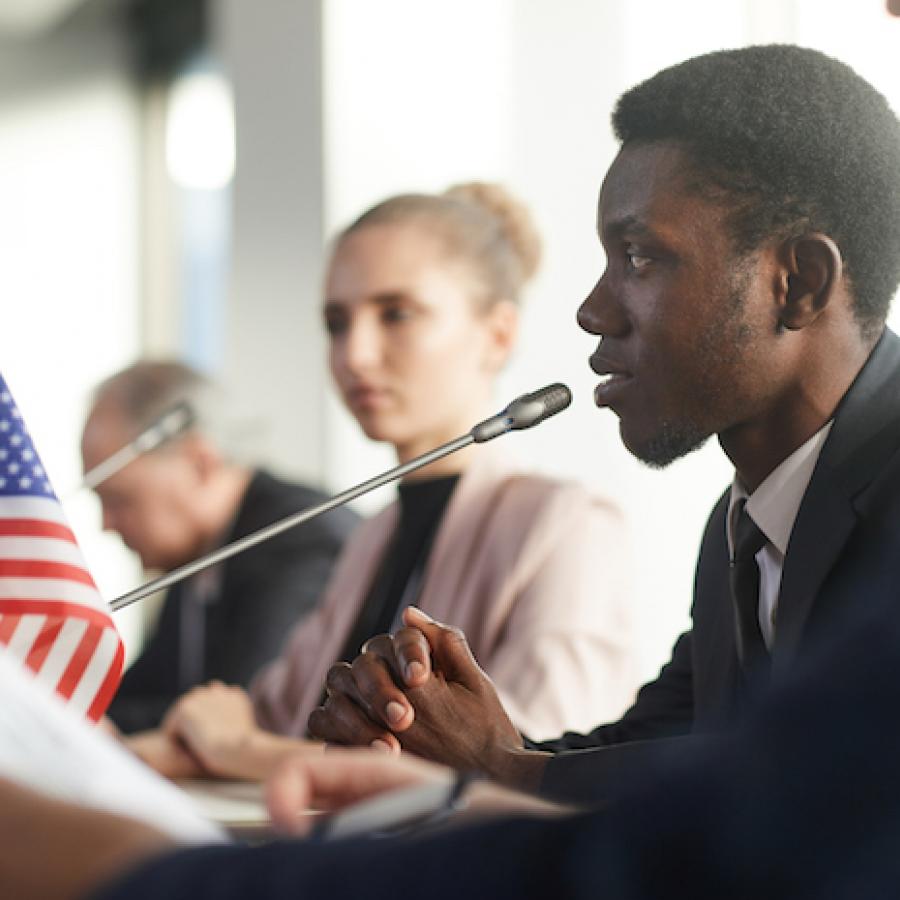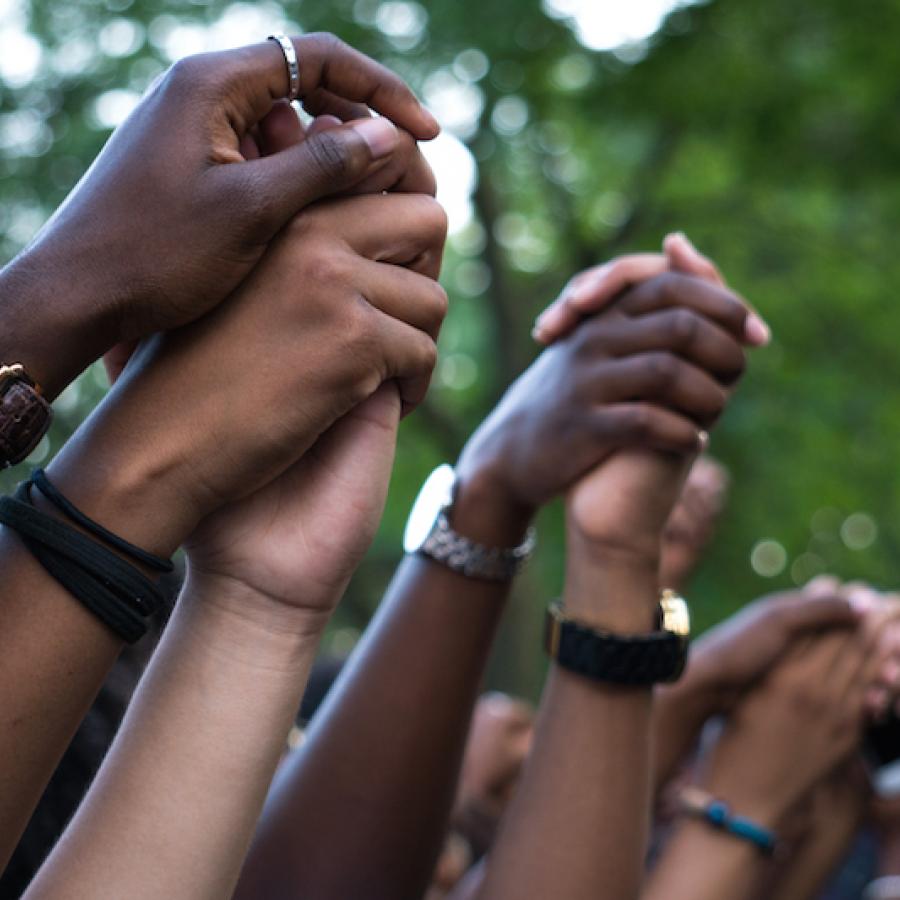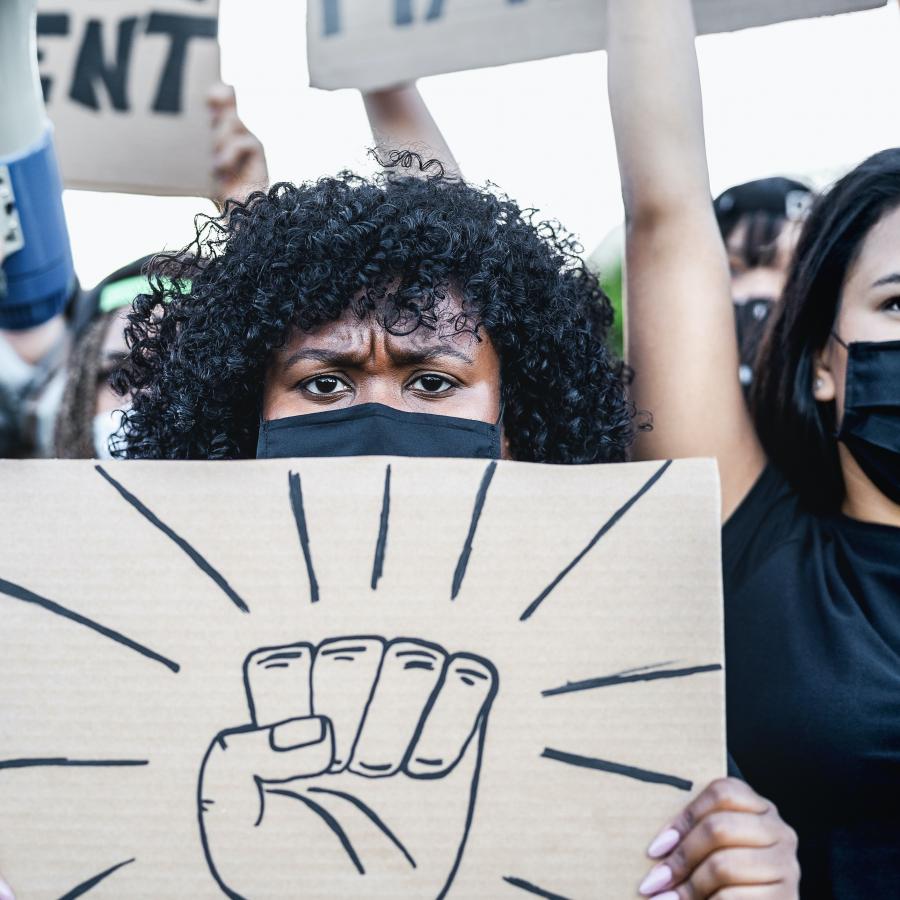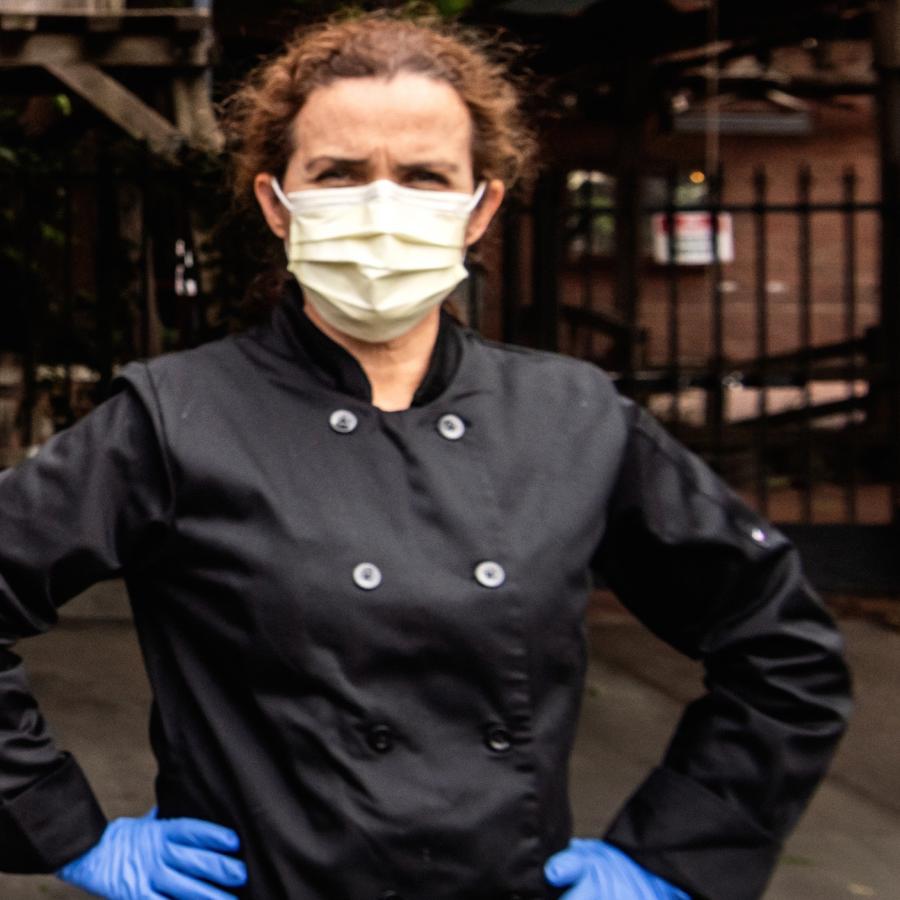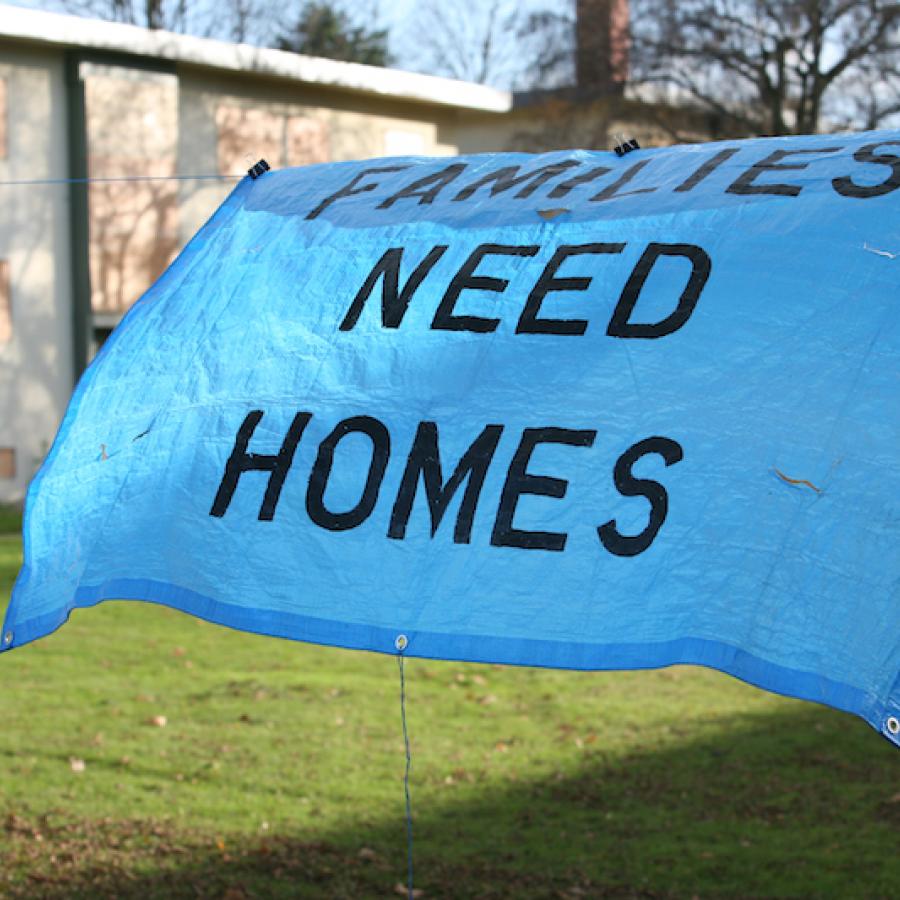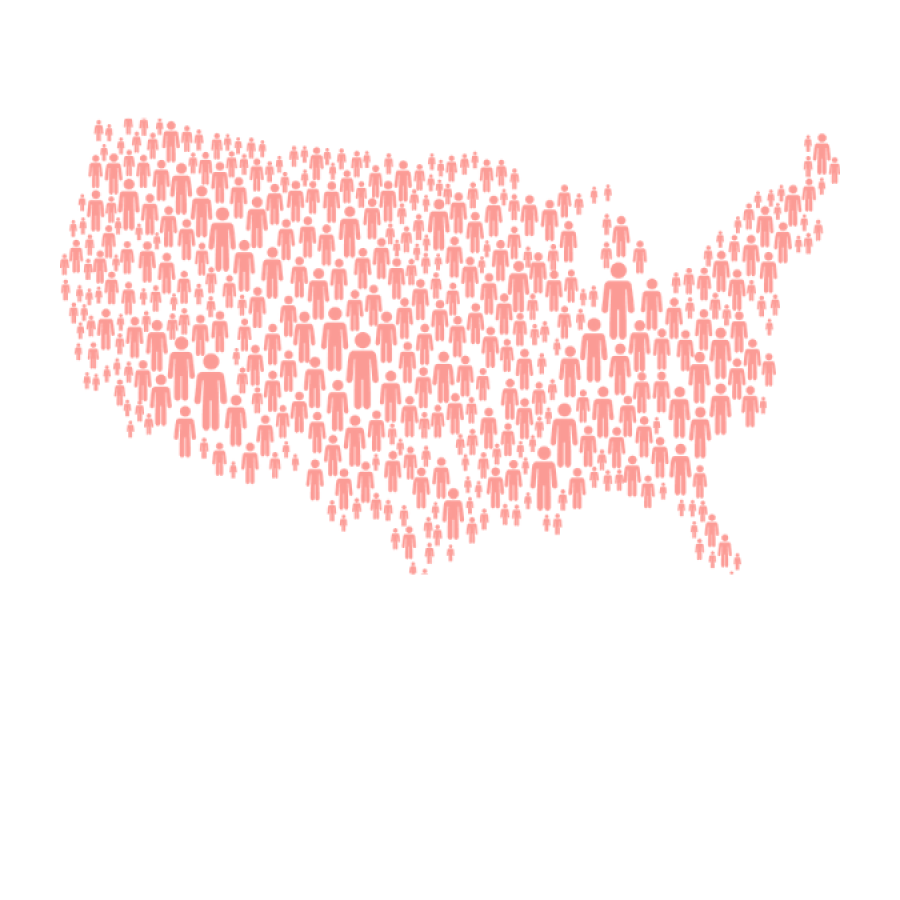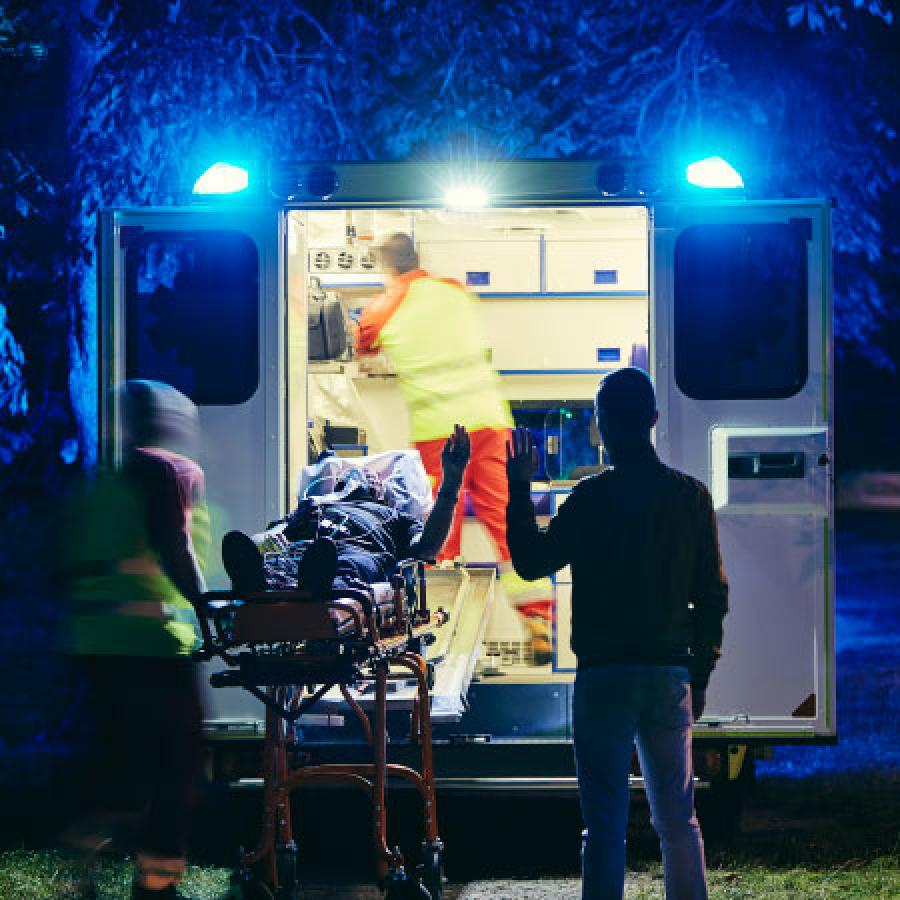How nonprofit leaders can support voter turnout, recovery plans to build anti-racist cities, and Black joy as an act of resistance, in this week’s Covid, Race, and the Revolution.
Issue No 25. September 30, 2020
The Sacred Act of Voting
By Michael McAfee
Voting is power. That is why our ancestors shed blood to win the right to vote — for themselves and for us. They understood that American democracy is only as good as the people who participate in it. We, the very people this nation devalues, soon will be the majority. It is time for people of color to own this democracy.
As nonprofit leaders, we are prohibited from electioneering. Nevertheless, we have a sacred obligation to strengthen democracy and support all people to exercise their right to vote. We can start by encouraging and assisting our colleagues, constituencies, and communities to cast their ballots in this election. There are many ways to support voting in a nonpartisan manner allowable by law:
- Make Tuesday, November 3 a paid staff holiday.
- Pay employees to train and serve as poll workers.
- Pay employees who offer childcare, elder care, or rides to the polls so that others in their communities can vote during the state’s early voting period and on Election Day.
- Provide paid time to register voters, to educate them about options to vote early or by mail, and to remind them to cast their ballot (in and out-of-state).
- Organize discussion groups about ballot measures and what they mean for advancing racial equity.
- Encourage staff to think critically about the people (e.g., commissioners, legislators, judges, etc.) they vote for in relationship to their organization’s mission and their own work.
Everyone in the struggle for justice and equity knows that American democracy is flawed. Baldwin was right when he said, “Our dreams cannot fit into a voting booth.” But we must vote to make our voices heard. We must vote to demonstrate our collective power and demand a free, fair democracy that represents the will of the people and works for all.
We must vote even as we work to usher in the revolution that will transform this nation into one that embodies equity.
Our power. Our future. Our nation.
Michael McAfee is President and CEO of PolicyLink.
News, Analysis, and Commentary, Curated from Around the Web
Overcoming voter suppression
Voter suppression efforts targeted at Blacks and other people of color are in high gear. In North Carolina, Black voters were more than twice as likely as White voters to have mail-in ballots rejected in 2018. In 2020, rejection rates show a similar gap, according to an analysis by ProPublica and WRAL News. At a time when far more people want to vote by mail because of the coronavirus, disparate rejection rates raise concerns that systemic racism and voter disenfranchisement could swing election outcomes.
Black voters know that voting in person increases the chances their ballots will be counted, Derrick Johnson, president and CEO of the NAACP, writes in Politico. In the 2018 midterm elections, 11 percent of Black voters cast ballots by mail, compared with 24 percent of White voters. “Congress should allocate the $4 billion we have requested to states and localities to ensure that voting — whether in-person or by mail — is fair, safe and secure,” Johnson writes.
Native Americans also face formidable obstacles to voting, especially people living in rural areas and on reservations, Fast Company writes. Natives Vote, a new online resource, brings together artists, storytellers, and organizers to mobilize historic voter turnout across Indian Country and help people cut through the confusion created by voter suppression laws by making it simple to get accurate information on registering and voting in person or by mail in counties and tribal lands.
Vote Loud, a new campaign to reach young voters, aims to close age- and race-related voting disparities through celebrity voices. Cast members of the Broadway hit Hamilton rewrote the show’s lyrics to promote voter registration. You can watch them rap here.
The budding movement to build anti-racist cities
Grappling with the systemic inequities that the pandemic has exposed and intensified, local leaders around the country are developing recovery plans that address structural racism and exclusion head-on. In Los Angeles, a diverse group of community, civic, nonprofit, labor, and business leaders, convened by 10 foundations and supported by research from the region’s two leading universities, released a blueprint for building a more equitable and inclusive city. In an interview with Capital & Main, Manuel Pastor, a co-author of the report, explains how data provided overwhelming evidence of structural racism and inspired broad support for a bold agenda centering racial equity.
Resilient neighborhoods are the backbone of strong cities. On the website Strong Towns, urban planners John David Beutler and Leila Hakimizadeh outline ways to strengthen neighborhoods during the pandemic in ways that advance justice and equity, preserve historic buildings and affordable housing, maintain public spaces, and support cultural identity and a sense of place.
Staring at an "eviction time-bomb," the San Jose City Council in California approved an extensive anti-displacement plan to provide rent relief and give nonprofits first rights to purchase property that comes on the market. A recent study found more than 40,000 residents of the city and surrounding county were in danger of losing their homes during the pandemic.
Supporters of the “smart city” movement see the Covid crisis as an opportunity to use drones, artificial intelligence, and other technologies to curb the pandemic, restart the economy, and remake urban spaces, Eliza McCullough of PolicyLink writes in Fast Company. But people of color — who are the majority of residents in many cities, hit hardest by Covid, and disproportionately subject to tech-enabled surveillance — have been absent from discussions about this digital transformation. Rather than simply extract data from residents, cities must engage communities in deciding how technology will be used.
Transformative economic recovery
The industries growing in the pandemic, such as health care and telecommunications, demand skills and education that millions of laid-off workers don’t have. Meanwhile, many lower wage, lower skilled jobs lost to lockdowns are never coming back. Brookings challenges local leaders to launch and scale up education-to-workforce pipelines, place-based scholarship or “Promise” programs, and other community-driven, evidence-based approaches to prepare local workers for the skills needed in the pandemic economy and beyond.
With state and local governments collectively facing a shortfall of an unimaginable $650 billion through fiscal year 2022 because of the pandemic, elected officials from across the US have urged the Federal Reserve to print more money. Next City explains that yes, the Fed can print more money — and a growing number of economic theorists say it’s a good way to help the country dig out of recession.
In Detroit, Black business and philanthropic leaders are demanding real change and inclusion, not lip service, from White corporate America, Crain’s Detroit Business reports. At the annual Detroit Homecoming event, Black leaders called for significant Black presence on corporate boards and at executive and management levels, authentic business relationships, and CEO accountability for racial equity. "We don't need a handout, (and we) don't want your donations, don't need them," said Byron Allen, founder, chairman and CEO, Allen Media Group/Entertainment Studios, which includes The Weather Channel and numerous TV stations. “We're very strong, smart capable people. Do business with us in a way that's real, and it's not tokenism.”
Health access and equity
From the early days of Covid, experts theorized that Black and Latinx people were dying disproportionately because they had higher rates of chronic illnesses such as diabetes, and were more likely to have jobs that increased their risk of coronavirus exposure. Now, a study of Covid cases in New York City points to another factor: Black and Latinx people tended to get to the hospital later and sicker. “There are a lot of reasons, but one that has been under-studied is access to care,” Dr. Max O’Donnell, a co-author of the study, tells Gothamist. “How people have access to primary care doctors or have health insurance or mistrust the medical system are all part of the puzzle.”
Fears about the coronavirus temporarily halted trials of new treatments for sickle cell and may be keeping patients from going to a doctor to get the care and pain management they need for their condition — or to be seen if they develop Covid symptoms, Stat reports. People with sickle cell are immunocompromised and considered at high risk for serious Covid complications, leaving some patients to avoid clinics and hospitals — and the risk of coronavirus exposure — at all costs.
The pandemic’s devastating impact on Black and Brown people has brought wider attention to long-standing issues of health equity and health-care access. Among the most pernicious is the high rates of Black maternal deaths. Several new initiatives such as the Hear Her Campaign, launched by the US Centers for Disease Control and Prevention in conjunction with other organizations, aim to reduce Black maternal deaths by raising awareness of the warning signs, but Leslie Farrington writes on Stat that they fail women in an important way: “They blame mothers for their poor outcomes and fail to address providers’ tendencies to dismiss moms’ complaints.”
San Francisco is taking a completely different tack to reduce maternal deaths: give low- and middle-income Black and Pacific Islander expectant parents $1,000 a month, no strings attached, throughout pregnancy and for six months after birth. The hope is to alleviate stress, which is known to adversely affect pregnancy. “We’re trying to address racism directly and instead of trying to change Black women — because there isn’t anything wrong with them,” Dr. Zea Malawa at the San Francisco Department of Public Health tells Huffington Post.
For more on racial equity, check out the latest episode of Angela Glover Blackwell’s Radical Imagination podcast, “From Patients to Patents.”
ICE and a track record of medical mistreatment
US Immigration and Customs Enforcement flew detained immigrants to Virginia last summer as a pretext for the swift deployment of Homeland Security tactical teams to crack down on anti-racist protests in Washington, the Washington Post reports. Rules bar the agency from using “ICE Air” charter flights for employee travel unless detainees are on board. Dozens of the immigrants tested positive for the coronavirus after the transfer, fueling an outbreak at an immigrant jail that killed an inmate and infected more than 300.
At the Center for Health Journalism, Angelika Albaladejo investigates a broad pattern of medical negligence by ICE Air. Heart attacks, a miscarriage, and a death have occurred in recent years, and prescription drugs and asthma inhalers are often packed in cargo holds and inaccessible during flights.
Justice for Breonna Taylor
Reacting to the news there would be no indictments in the police killing of Breonna Taylor, author Kenrya Rankin explains why reform efforts get us nowhere and grand juries and attorneys general can’t heal communities after a Black death. “It’s an exercise in futility to call for the dismantling of the carceral system out one side of our mouths and ask it to deliver justice out the other,” Rankin writes on Colorlines. “To me, justice for Breonna looks like channeling our energy and our funds into short-circuiting the situations that often lead to our interactions with the carceral system in the first place. To that end, we need to provide housing for the unhoused, champion comprehensive and anti-racist health care, fund community care workers who are trained to support their neighbors, operate schools that don’t function as pipelines to prisons and create jobs that pay a living wage and provide legal opportunities for us to support ourselves and our families. It looks like defunding the police and pouring that money into services that actually serve us.”
The podcast The Daily examines the errors that led up to the shooting of Taylor and the failure to charge police involved.
Black joy to fight white supremacy
The killings of Taylor and so many others have rekindled the Black Lives Matter movement and brought it widespread support. But photographer Shavone Charles is promoting the idea that “Black people don't just deserve to be alive. We also deserve to be happy," she tells Elite Daily. She has launched #BlackJoyMatters, a platform encouraging Black artists to fight white supremacy by celebrating the Black experience and “telling stories of joy and resilience beyond trauma."
For an enlightening break from the tsunami of election news, check out Black in Microbiology Week, the latest in a series of virtual events highlighting Black scientists in various disciplines. Talks and discussions cover the coronavirus, disparities in medicine, education and STEM career advancement, and other topics. The event is free, open to the public, and a fascinating glimpse into a world most of us don’t get to see.
The March on Washington Film Festival lifts up authentic stories to preserve the civil rights legacy of the past and connect to today’s fight for justice. The event has been extended to October 4, and passes are available here.
Covid, Race, and the Revolution will not publish next week. We’ll be back October 14 with more insightful commentaries and analysis of this moment of national crisis and transformation.
PolicyLink draws from articles, videos, interviews, and other sources across platforms, as well as from our network of equity leaders and activists, to bring you the latest information about COVID-19 and race. We offer this resource to:
- Provide easy access to information on the dual health and economic crises facing people of color;
- Put and keep racial equity at the center of our collective understanding of the pandemic and the policies needed for relief and recovery; and
- Lift up useful data and insights that can fuel equity advocacy and campaigns.
Please share with your networks and send your ideas and feedback. And follow us on Twitter, LinkedIn, Facebook and Instagram. #COVIDandRace
We hope you find the COVID-19 and Race Series an important tool for keeping up with news about the virus and its impact on communities we serve. As a non-profit organization, PolicyLink is honored to provide resources to support the needs of our nation's 100 million economically insecure individuals. Generous partners like you make our work possible.
Michael McAfee and Angela Glover Blackwell are grateful for the contributions of Fran Smith, Milly Hawk Daniel, Rachel Gichinga, Glenda Johnson, Jennifer Pinto, Heather Tamir, Ana Louie, Janet Dickerson, and Mark Jones to produce the COVID-19 & Race commentary.
